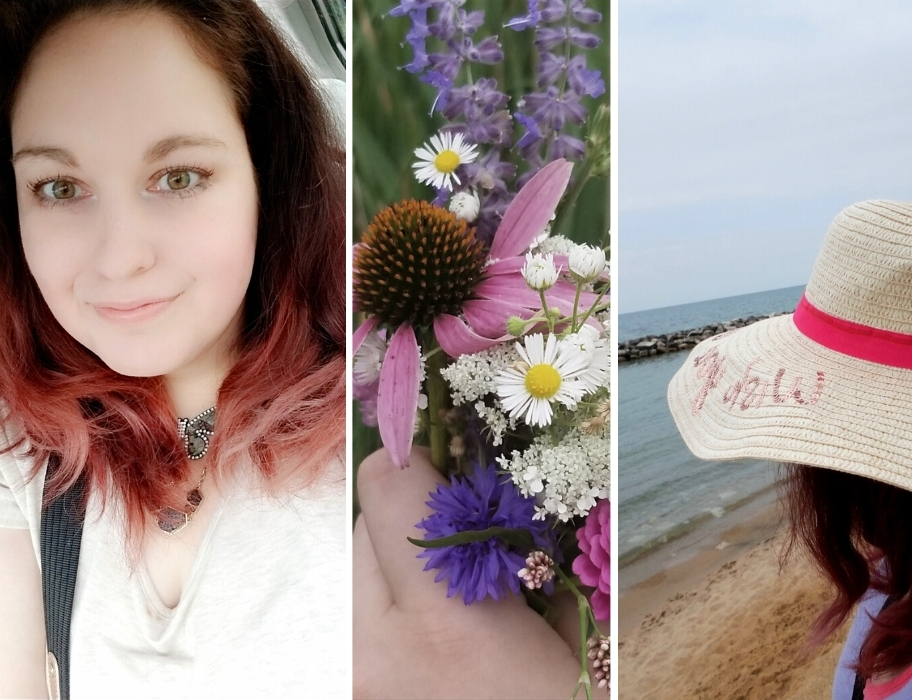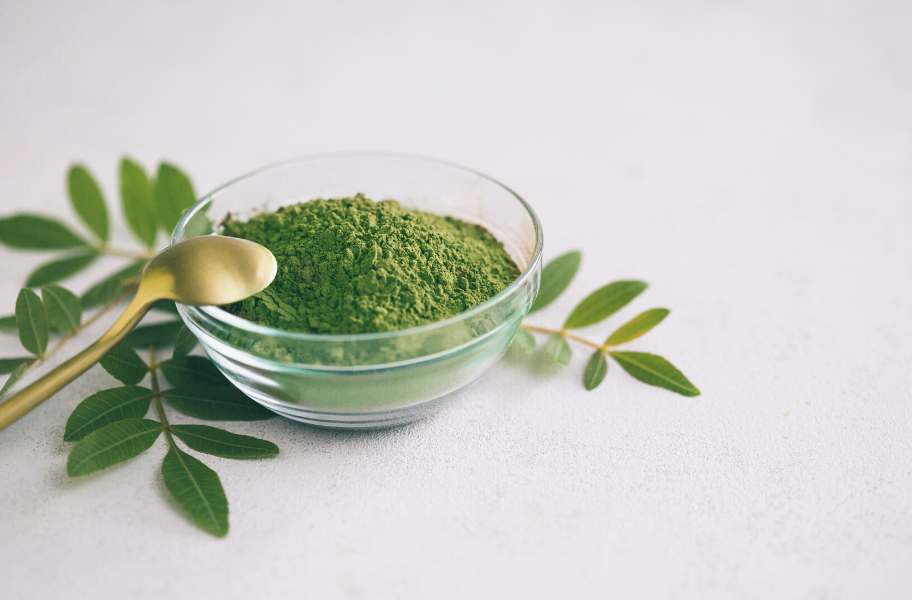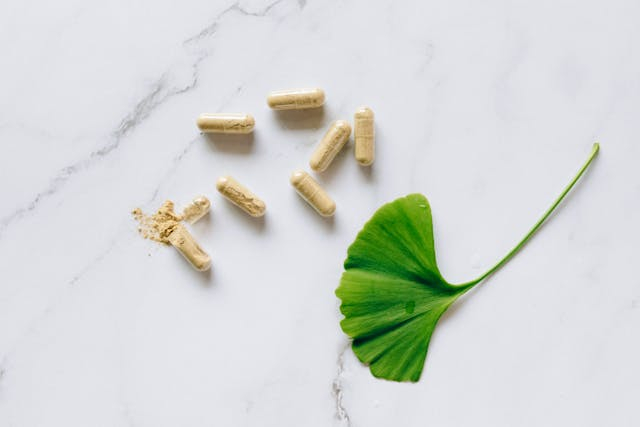Did you know September is Pain Awareness Month? Again, we get to welcome Chef Kimi Karma onto our blog! Many of our readers who are familiar with Chef Kimi, may not even know that she struggles with chronic pain. However, it was very much part of her journey towards becoming passionately involved in natural health, and helping others.
FY: Hello Chef Kimi! You are no stranger to Fruitful Yield or The Fruitful Life blog, we love all the smoothie recipes you’ve shared with us. Can you introduce yourself again to our readers, so they know what you’re into besides smoothies?
Kimi: I live a whole-food, plant-based, vegan lifestyle. I rescue and foster a lot of animals--my goal is to own my own animal sanctuary. I'm an avid gardener of vegetables, fruits, herbs for tinctures, flowers, and micro-greens. As you know, I’m studying to become a naturopathic doctor, and a holistic registered dietitian. Currently, I'm a professional savory chef, pastry chef and food scientist, who wants to make better products for the marketplace and heal others through food. I specialize in allergy-friendly diets. My blog is launching soon; featuring recipes, lifestyle, health and wellness information, and holistic dog health. I will be providing people with inspirational content.
FY: Many of our readers who are familiar with you may not know that you struggle with chronic pain. What exactly are you dealing with on a daily basis?
Kimi: Anxiety plays a very big role because there's an unpredictable feeling of not knowing how you’ll feel tomorrow. I have good days, bad days and flare days, but I'm never completely out of pain. I have a flexible schedule, where I set reasonable goals for myself that I know I will be able to accomplish. Starting my day off with positive affirmations and gratitude really helps keep me motivated and grounded.
FY: How long have you had chronic pain?
Kimi: It’s been over 10 years. I was in a life-changing, major car accident where I was hit by a drunk driver.
FY: How did you know you were struggling with chronic pain?
Kimi: My daily pain continued to get worse, and it was consuming my everyday life. It was controlling and stealing all of my joy... I had to be an advocate for my own health and got a couple different opinions from specialists. They may not find everything you suffer from right away. Usually they don't test for autoimmune and rheumatoid conditions. It takes several specialists and diagnostic testing to get a diagnosis. I have a couple different conditions that make my chronic pain a lot worse.
FY: What has helped you overcome trauma associated with your chronic pain?
Kimi: I have a therapist that specializes in chronic pain and I've developed my own coping skills: journaling, antiquing, being creative and having hobbies that serve as an outlet to make life more enjoyable. Participating in chronic pain groups helps me connect with other people who understand what I go through. Acceptance is key to living with chronic pain. You will go through a roller coaster of emotions; I had to rediscover myself and strengthen my faith.
FY: Has it been a challenge sharing with someone that you are in pain?
Kimi: When my journey started, I was very frustrated and alone and went through waves of emotions. I have had people distance themselves from me because they couldn’t be bothered, I've encountered a lot more people who didn't understand compared to people who have embraced my situation. But, I knew it would be rewarding for me if I could help others in the same situation. I want to empower others to find their inner strength. The lack of support I had gave me the courage to speak out about my health journey, so that others don't have to struggle alone.
FY: How might they find a support system?
Kimi: Finding outside resources like chronic pain groups and a chronic pain therapist is a good first step. My animals are very therapeutic to me. Find things that you can enjoy and can take your mind off of the pain to make it more manageable. Learning to deflect from the pain by having other interests can help you cope. Your pain doesn't define you, so you should find other things to focus on that serve as a positive outlet.
FY: Where does that courage come from?
Kimi: My courage comes from my strength in my faith. I went through a lot of trauma, being judged, misunderstood and abandoned. I don't want anyone else to have to go through the same experience. I encourage others to find their strength to persevere.
FY: What do you do if you are hit with a wave of pain in public?
Kimi: I sit down for a few minutes, take deep breaths, relax my mind and meditate. Sometimes, I'll pray and try to get my mind off the pain, but some days the pain can be so overwhelming, I stop what I'm doing, listen to my body, and take a break. Overdoing it will make the pain worse and drain my energy. Practicing the spoon theory has been very helpful.
FY: How can we better support friends with chronic pain?
Kimi: Be supportive, understand, be compassionate, and listen. Check up on your friends, your loved ones and be consistent in their lives. People don't realize that you get really good at hiding your pain and most people won't know that anything is wrong. You may feel a sense of guilt or not want to bother anyone else, which can cause you to isolate yourself and shut down. Comparison is one of the worst things you can do in trying to be supportive; it invalidates how they may be feeling.
FY: Do you have any words of encouragement for fellow readers with chronic pain?
Kimi: Be an advocate for your own health, no one knows your body better than you. Get more than one opinion from a doctor. There are many different treatment plans--find one that works for you. It may be a combination of things like medication, intervention treatments, physical therapy, chiropractic & naturopathic treatments. I found that exercise, diet and different treatments like massage therapy and acupuncture work well for me. There is no "one size fits all" Everyone's treatment will be different because our bodies are unique and respond differently. It's not hopeless, you have many options, you just have to keep trying and find what works best for you.
Thanks again to Kimi for sharing her personal story to raise awareness around the subject of chronic pain. Do you suffer from chronic pain? Share your go-to methods of coping in the comments below!





